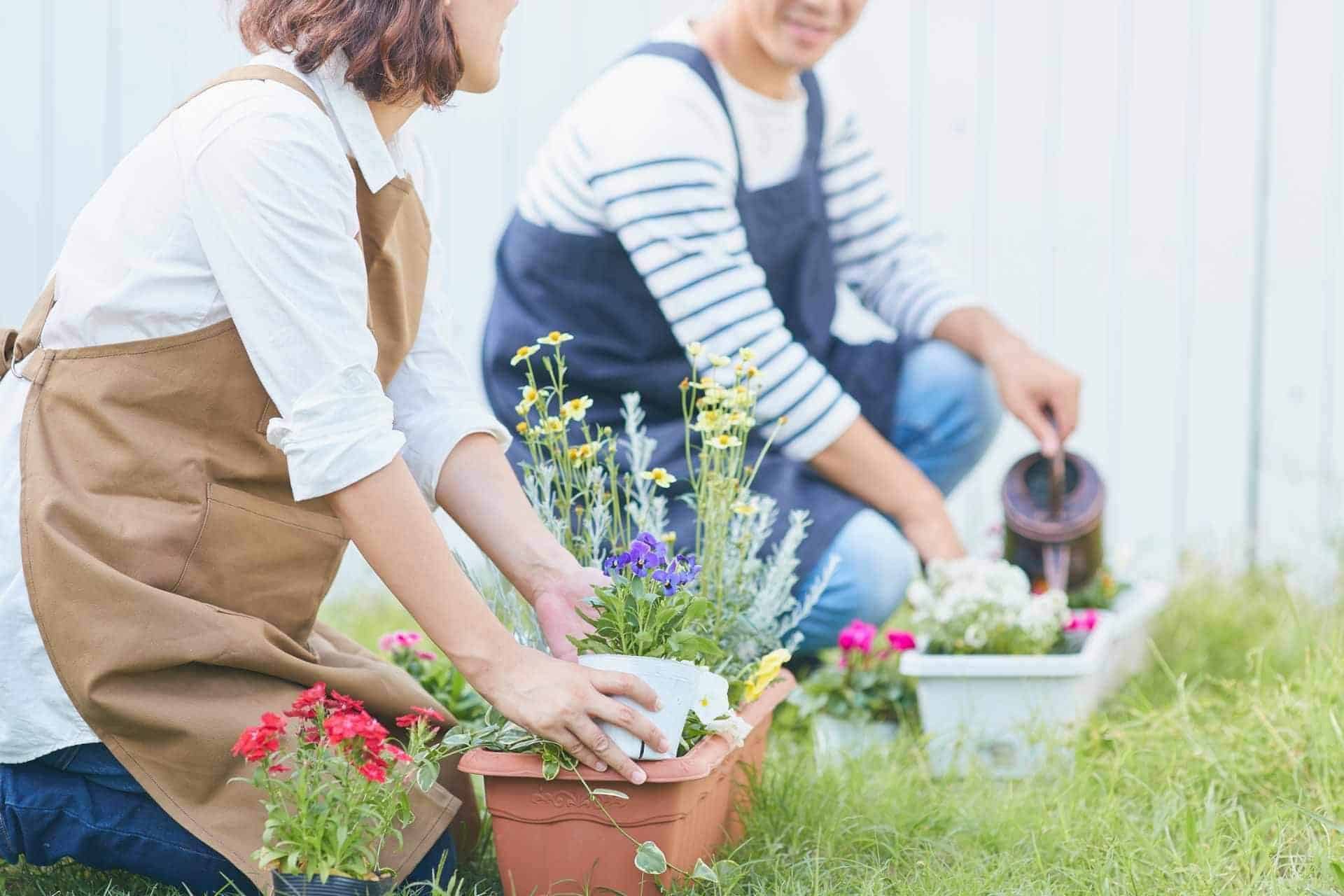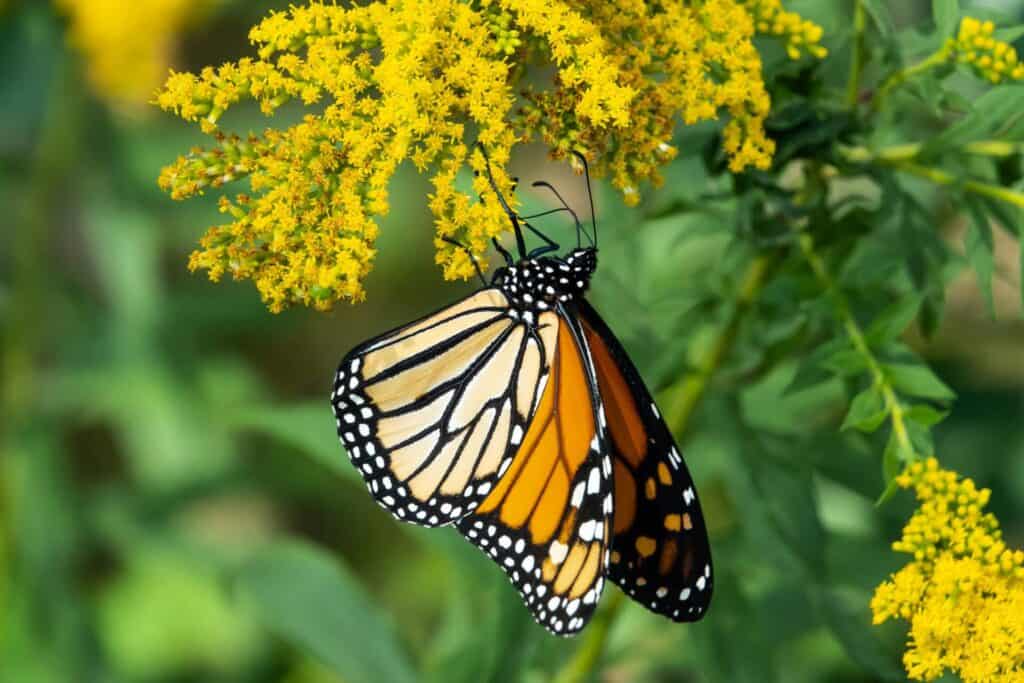The long-awaited day has finally arrived!
The Spring season officially began at 5:01 a.m. on Thursday, March 20, 2025. And after a season of relentless winter chill – with plenty of snow and ice packed in — residents of Upshur County are eager to embrace the vibrant blossoms of flowering trees and the first signs of perennial flowers emerging in their gardens.
With expert guidance from the local Fred W. Brooks Garden Club, My Buckhannon has collected 10 valuable tips for both seasoned gardeners and beginner horticulturists to ensure this season’s harvest is their most abundant yet.
“Gardening is part science, part luck, part faith, and part magic,” explained Beth Post, a longtime member of the Fred W. Brooks Garden Club. “At times, it can be maddening, but when it’s done right, it’s completely gratifying.”
Top 10 Gardening Tips and Guidance:
- Annual Plants: These plants last for just one growing season, and they are often cheaper and work well in containers. Overwintering them in a greenhouse or suitable space like porches or decks is an option. Annuals may also go in the ground.
- Perennial Plants: Perennials return each year but are a larger investment due to their longer lifespans.
- Care Tags: Most plants come with care tags that provide essential information about the plant’s needs, so gardeners can give it a vibrant life. Keeping track of perennials’ locations on the tags is helpful, and if there’s confusion about whether a plant is annual or perennial, a sun or shade plant, how far apart to plant them, what kind of soil they like (especially perennials) or how much/how often to water, do your research online.
- Growing Zones: West Virginia is in gardening Zone 6, meaning that plants suitable for this zone will thrive better in the local climate compared to those in warmer zones, like Florida.
- Bulbs: Bulbs are categorized by when they bloom—spring-planted bulbs bloom in the fall, while fall-planted bulbs (like tulips and daffodils) bloom in the spring. Dahlia bulbs are planted in late spring and bloom through the fall. Some gardeners dig them up and keep them somewhere cool over the winter, then replant them.
- Pot Sizes: Choose a pot size appropriate for the mature size of the plant. A pot that’s too large for a small plant may lead to overwatering and root rot.
- Soil Types: There’s a difference between garden soil and potting soil. For containers, potting soil is the better choice for flowers or vegetables. To reduce container weight, some gardeners use packing peanuts or other lightweight materials at the bottom of the pot, enabling them to save money on soil.
- Bugs: Not all bugs are bad. Some bugs are helpful! If you have pest problems, try to identify the bug, take a photo of it and seek help from local resources like Freedom Ag & Energy or the WVU Extension Office in Buckhannon for pest control advice.
- Join Your Community Garden Club: Follow Fred Brooks Garden Club on Facebook page for gardening questions. Followers are likely to get an abundance of expertise and tips in return for their curiosity.
- Weed Regularly: Rising temperatures accelerate weed growth. Pulling weeds and placing mulch are great ways to keep on top of weed overgrowth.
We wish every gardener in Upshur County a fruitful harvest of vegetables, flowers, herbs and more this Spring!















